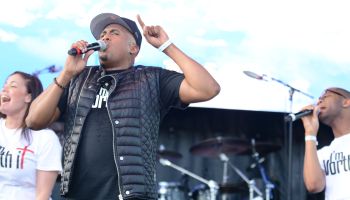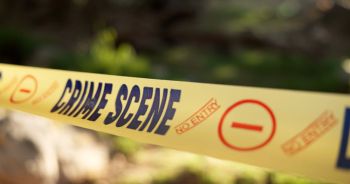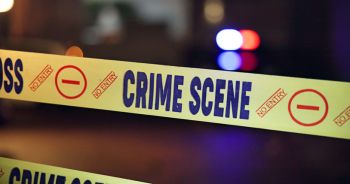Source From http://www.blackamericaweb.com/?q
More than 18,000 people from across the country called in to report voting irregularities or ask questions on a national voter protection hotline organized Tuesday by several civil rights groups.
There were no arrests or lawsuits filed Tuesday as a result of the complaints, but ongoing investigations will continue in many states, according to Tanya Clay House, director of public policy with the Lawyers Committee for Civil Rights.
In some states, the groups took action in advance of Tuesday’s election to prevent disruptions at the polling places, Clay House told BlackAmericaWeb.com. A GOP activist in Arizona was intimidating voters and poll workers, she said.
While there was not a clear pattern of intimidation tactics surfacing in the Tuesday reports, Clay House said all the reports have not been analyzed.
“We are still working on looking at trends – particularly in precincts with high percentages of voters of color,” she said.
One of the most highly publicized incidents of intimidation happened Tuesday morning on the campus of Benedict College in Columbia, South Carolina.
“I have talked with students who said two white men were on the campus telling them what they needed to have in order to vote,” said Sejada Griddle, an activist who works with the Asa Philip Randolph Institute branch in South Carolina.
“The students said they were told they should have three forms of identification to vote,” Griddle told BlackAmericaWeb.com. In reality, the students only needed to have a voter registration card or a picture ID, such as a student identification card, to vote, she said.
Word of the students’ report of intimidation spread quickly. They posted it on Facebook, and the information was picked up by black political blog JackandJillPolitics.com. From that point, it was picked up by other national media, Griddle said.
Officials with Benedict College issued a statement later Tuesday, saying they had found no incidents of intimidation of student voters.
Griddle, however, said she has talked with students, and their reports will be investigated.
While voter intimidators seek to discourage people from casting their ballot, it often works in just the opposite, said Clayola Brown of the A Philip Randolph Institute.
“It fires them up. It really fires up the students when they see that someone is trying to take away something they value, like the right to vote,” Brown told BlackAmericaWeb.com.
Barbara Arnwine, of the Lawyers Committee for Civil Rights Under Law, said the complaints generally fell into two categories.
“What we are seeing are bad election administration and problems with deception and intimidation,” Arnwine said in a Tuesday conference call that included BlackAmericaWeb,com.
The National Coalition on Black Civic Participation and the Black Women’s’ Roundtable set up a network to monitor black voter turnout and polling problems.
“All over the country, there were reports of bad machines, machines not working and people running out of ballots,” said Arnwine,
In places like Los Angeles and Arizona, there were several attempts to intimidate the Latino vote, she said.
Robocalls were used to spread misinformation. Some people were told they could mail absentee ballots on Tuesday, and the votes still would be counted. Others were told that they could go online and vote, Arnwine said.
Brown has been encouraged by responses from students and others who feel they were intimidate in an attempt to vote.
“They know the process. They know to call or text and let someone know that someone is trying to take something from them,” she said.














